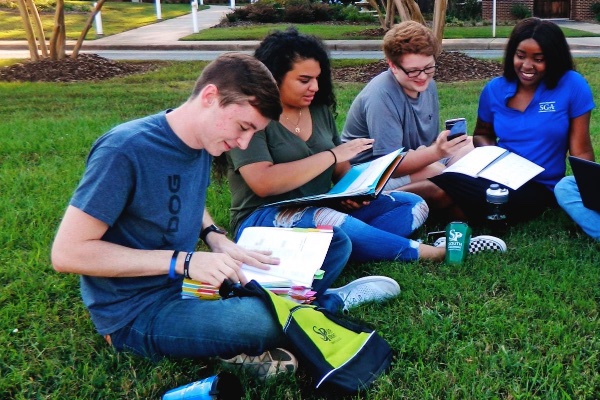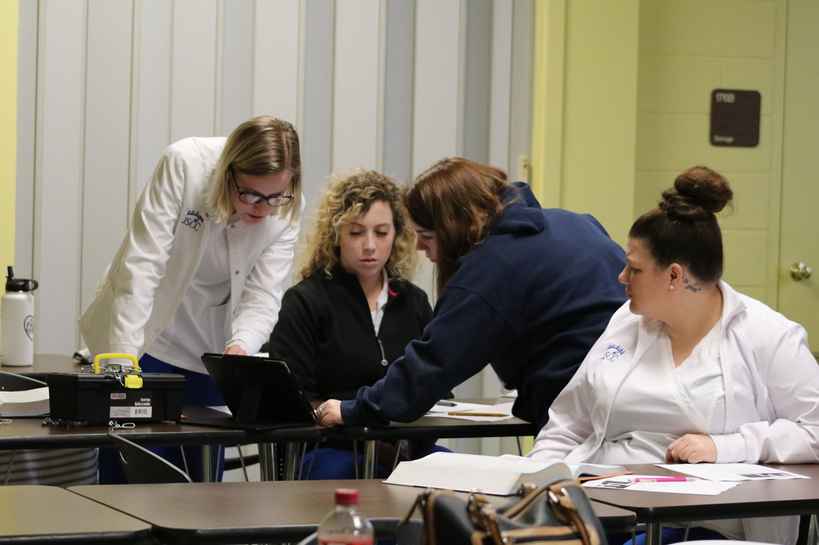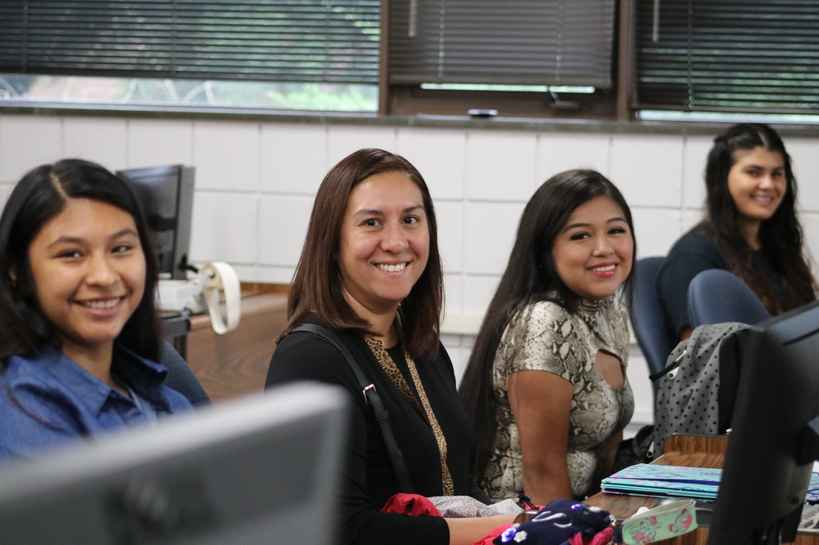openNCCC & Open Education
Open Educational Resources (OER) Support Equity and Flexibility
The Movement
The worldwide OER movement is rooted in the human right to access high-quality education. This shift in educational practice is not just about cost savings and easy access to openly licensed content; it’s about participation and co-creation.
Open Educational Resources (OER) offer opportunities for systemic change in teaching and learning content through engaging educators in new participatory processes and effective technologies for engaging with learning.
Open Education Practice
The move to open education practice (OEP) is more than a shift in content, it is an immersive experience in collaborative teaching and learning. OEP leverages open education resources (OER) to expand the role of educators, allowing teachers to become curators, curriculum designers, and content creators. In sharing teaching tools and strategies, educators network their strengths and improve the quality of education for their students.
With an open practice, educators are able to adjust their content, pedagogies, and approach based on their learners, without the limitations of “all rights reserved”.
openNCCC and OER
In 2007, the North Carolina Community College System (NCCCS) initiated a learning object repository that allowed for the sharing of digital resources with its 58 colleges. Additional North Carolina educational institutions were invited to participate. The resulting repository became the North Carolina Learning Object Repository (NCLOR). In 2020, NCCCS migrated its content to openNCCC, an Open Educational Resource (OER) collaboration platform.
Its purpose is to offer a comprehensive infrastructure that provides high-quality OER content and the opportunity for collaboration around the adaptation, evaluation, and instructional needs of faculty and learners.
Getting Started with OER
Open Educational Resources (OER) are teaching and learning materials that you may freely use and reuse at no cost, and without needing to ask permission. Unlike copyrighted resources, OER have been authored or created by an individual or organization that chooses to retain few, if any, ownership rights.
In some cases, that means you can download a resource and share it with colleagues and students. In other cases, you may be able to download a resource, edit it in some way, and then re-post it as a remixed work. How do you know your options? OER often have a Creative Commons license or other permission to let you know how the material may be used, reused, adapted, and shared.
From a single point of access in openNCCC, you can search, browse, and evaluate resources in openNCCC’s growing collection of high-quality OER. Here are some collections to start exploring:


